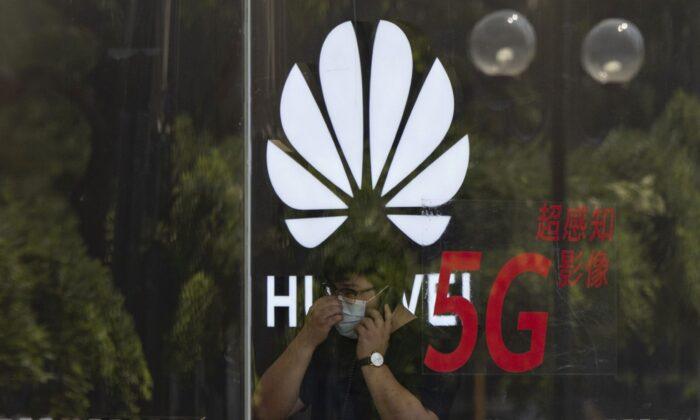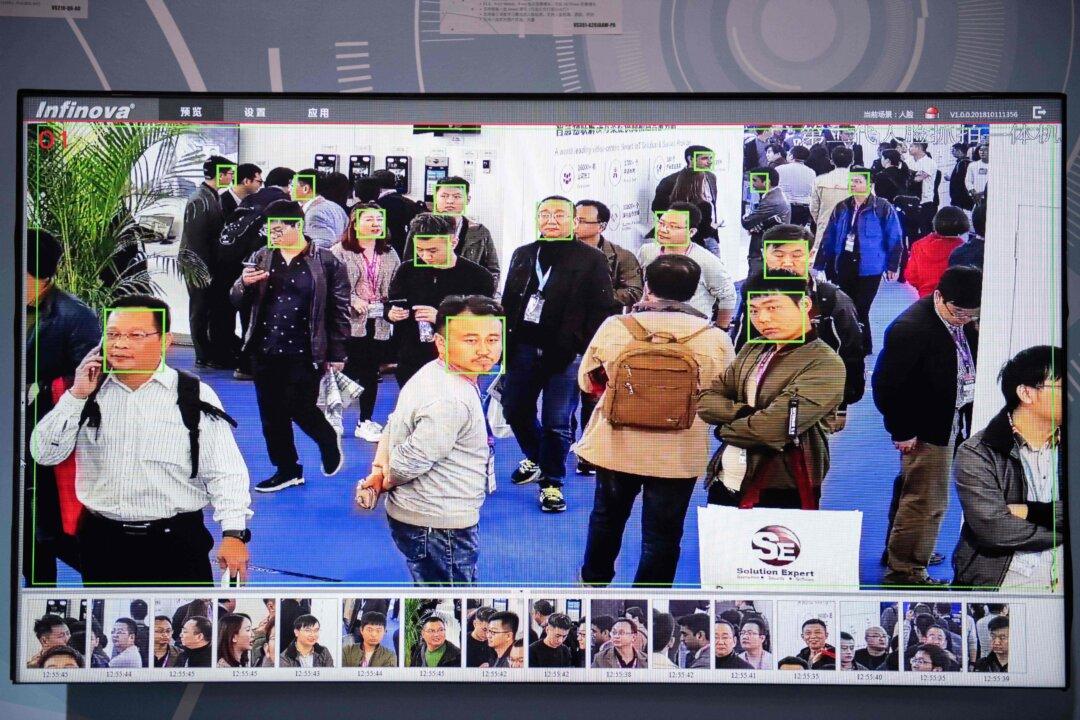Non-market factors, such as government mandates and subsidies, caused a rapid increase in patent filings in and from China, according to a just-released report from the U.S. Patent and Trademark Office (USPTO).
In 2019, 1.5 million utility patent applications and 7.8 million trademark applications were filed in China, accounting for nearly half of global totals. In the same year, China also knocked the United States from the top spot in international patent filing for the first time.


